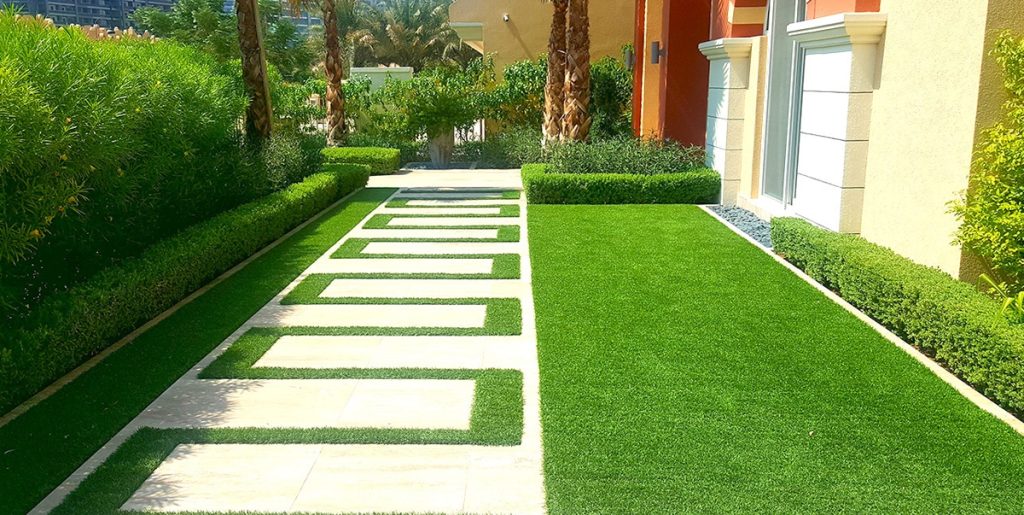Sustainable landscaping services play a pivotal role in promoting eco-friendly outdoor living by incorporating environmentally conscious practices that prioritize the health of both the ecosystem and the individuals inhabiting the space. These services go beyond conventional landscaping, embracing a holistic approach that integrates principles of conservation, resource efficiency, and biodiversity. One key aspect of sustainable landscaping is water conservation. Eco-friendly landscaping services prioritize the use of native and drought-resistant plants, reducing the need for excessive irrigation. Smart irrigation systems, equipped with sensors and timers, further optimize water usage by delivering precise amounts of water only when necessary. This not only conserves water but also helps in maintaining healthy soil structure, preventing erosion and nutrient depletion. Additionally, sustainable landscaping emphasizes the use of organic and locally sourced materials. This reduces the environmental impact associated with transportation and minimizes the use of harmful chemicals found in synthetic fertilizers and pesticides.

Organic mulches derived from natural sources, such as wood chips or compost, not only enrich the soil but also contribute to moisture retention, reducing the need for frequent watering. By prioritizing the health of the soil, sustainable landscaping services create a foundation for vibrant plant growth and resilient landscapes. Incorporating renewable energy sources is another hallmark of eco-friendly landscaping. Solar-powered outdoor lighting, for instance, not only illuminates the landscape without relying on traditional energy sources but also reduces the overall carbon footprint. Sustainable landscapers may also integrate energy-efficient design principles, such as strategically placing trees and shrubs to provide natural shade, thereby reducing the need for energy-intensive cooling systems during hot seasons. Biodiversity is a central theme in sustainable landscaping practices. By selecting a diverse range of native plants, landscapers contribute to the creation of habitats for local fauna, including birds, insects, and small mammals. This not only enhances the ecological balance but also promotes natural pest control, reducing the reliance on chemical interventions.
Creating green corridors and wildlife-friendly spaces within the landscape fosters a harmonious relationship between human habitation and the surrounding ecosystem. Furthermore, sustainable landscaping services often prioritize permeable landscaping materials, such as permeable pavers or gravel, to mitigate issues related to water runoff and soil erosion. This allows rainwater to infiltrate the soil, replenishing groundwater and reducing the burden on storm water management systems. Sustainable landscapes are designed to function as a part of the larger ecosystem, minimizing disruptions to natural processes. Sustainable landscaping services contribute significantly to the creation of eco-friendly outdoor living spaces and you could try here https://georgiarootslandscaping.com/. By embracing practices that prioritize water conservation, the use of organic materials, renewable energy sources, and biodiversity, these services create landscapes that are not only visually appealing but also environmentally responsible. As more individuals recognize the importance of sustainable living, the demand for eco-friendly landscaping services is likely to grow, fostering a healthier and more balanced coexistence between human activities and the natural world.
